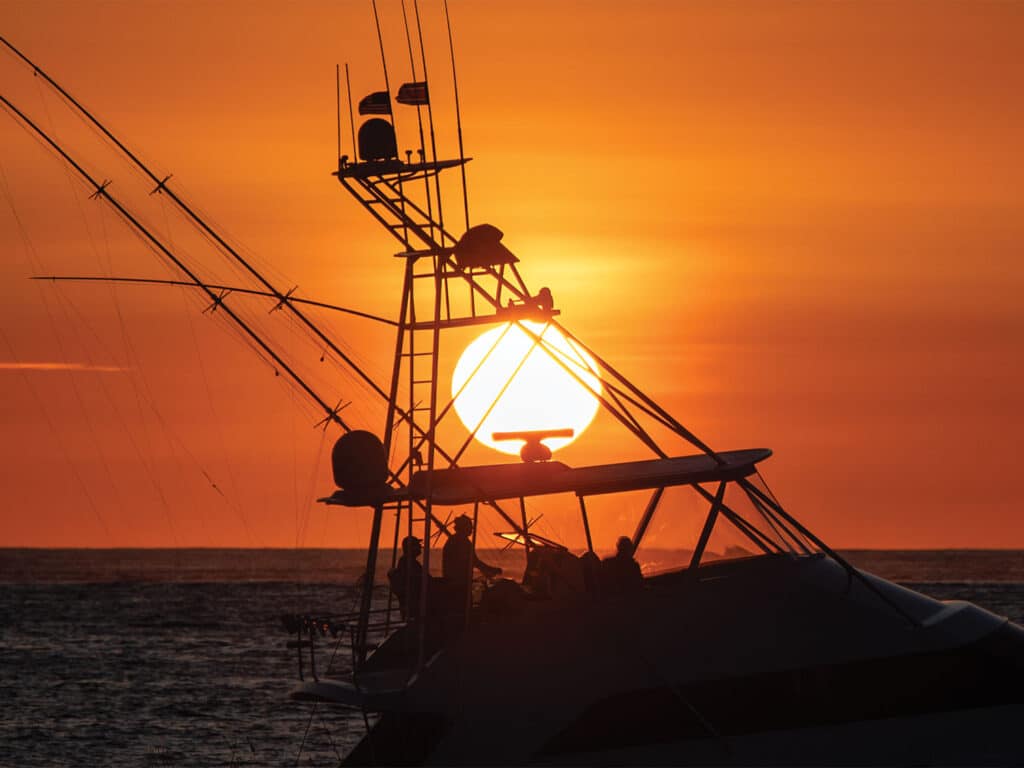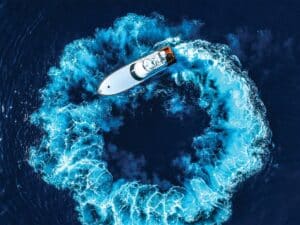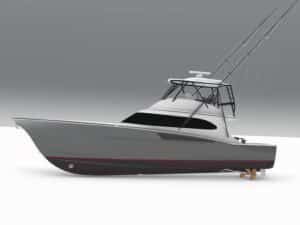
Special delivery: Sign up for the free Marlin email newsletter. Subscribe to Marlin magazine and get a year of highly collectible, keepsake editions – plus access to the digital edition and archives.
The state of the sport-fishing market is slowly starting to feel the effects of higher interest rates and a slowing economy, which is understandable. It would have been difficult to maintain that high level of engagement we enjoyed in the year or so directly following the pandemic, where people were clamoring for boats and the market was going crazy. By spring 2023, we’ve seen boat sales slowing to a more reasonable level, as well as less travel for some. I have also spoken to several owners who are not fishing as many tournaments as they had in the past, both domestically in Florida and internationally. So, what does this mean for the crewmembers and what should you be on the lookout for?
The Effects of Inflation
The captains and crews who have a long-term relationship with their owners almost always have an open dialogue and discuss their plans regularly. They’ll plan for the current season and what to expect after the season is over, which might mean heading home for some maintenance or just off to the next stop and more fishing. The veteran owners and crews have a good sense of what’s to come—they’ve been there and done that. For longtime boat owners, when the economy slows and their cash flow takes a hit, this could also be a chance for them to reevaluate how much time, money, and resources they spend to keep their program going. If they are looking for an out, this would be the perfect time for them to pull the plug. As we know, when things get tight, the first things to go are the toys, and that means airplanes and boats. Most reputable owners will give the crew ample time to find a new job and usually pay a decent severance package. That’s one of many reasons why it’s important to have an open line of communication with the boss.

Of more concern are the relatively new programs. In the past several years, businesses have made so much money that it has created a whole new group of boat owners, many of whom do not know what to expect in the long run. Some had always dreamed of owning a boat, and finally felt that they had the resources to dive in headfirst and make a big purchase. Fast-forward a couple of years, and now inflation has set in. Fuel, insurance, dockage, travel, and all the other ancillary expenses are anywhere from 20 to 50 percent higher than when they purchased the boat. Veteran crewmembers know that these guys might not have the horsepower to maintain an ongoing program; I would keep an eye out for an owner who starts watching their spending and cutting corners when possible. I find that these are the type of owners who are more likely to suddenly inform the crew their program is over, the boat is for sale, and it’s time to find a new job. Unlike seasoned owners, these people will not give you much time to find a new job, nor will they provide much of a severance package, if any.
The Nest Egg
Financial uncertainty is why it’s critical to manage your finances for the future. Whether you call it a nest egg or a rainy-day fund, having access to cash is one key to weathering those weeks, or even months, in between fishing jobs. There are many ways to start this, but the basics are to avoid making any large purchases in the short term unless absolutely necessary. Instead, save that money. Pick up a few side jobs on the weekends. Set aside any tournament winnings from a successful season. Bank that bonus check instead of buying a new shotgun for turkey season. Having a financial cushion will help you sleep better at night, especially in uncertain times.
Read Next: Junior angler Jonah Smith learns life lessons about victory and overcoming adversity.
The good thing, in my opinion, is that we are nearing the end of inflation hikes because really, we have been in a recession for the past nine months. Hopefully, by summer, we’ll be back to calmer seas in the economy. If you’ve made it past these tough times, you’ve already been through the worst part of the storm.







